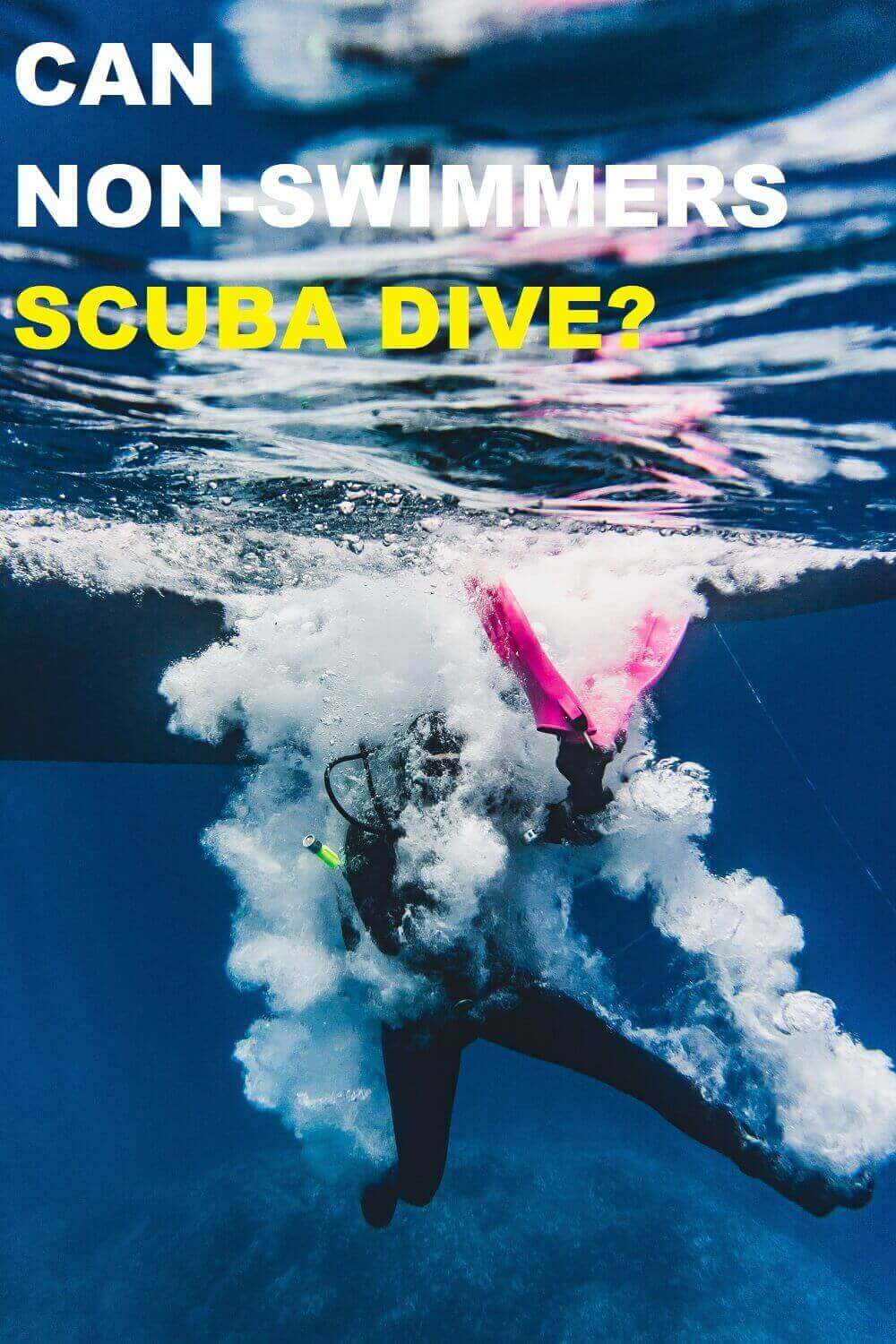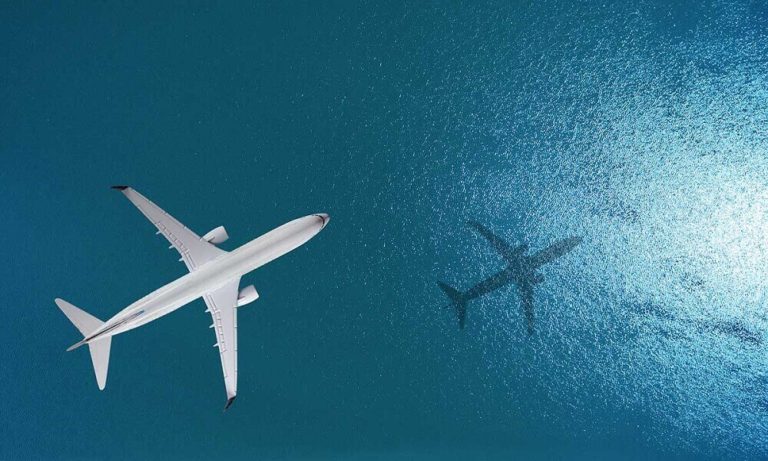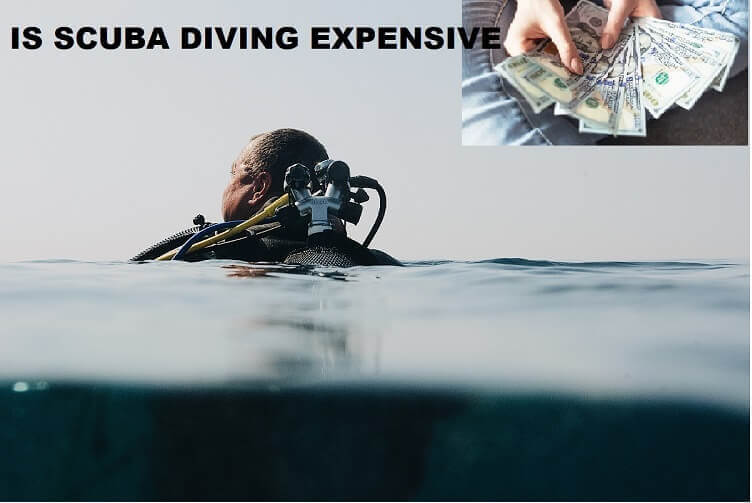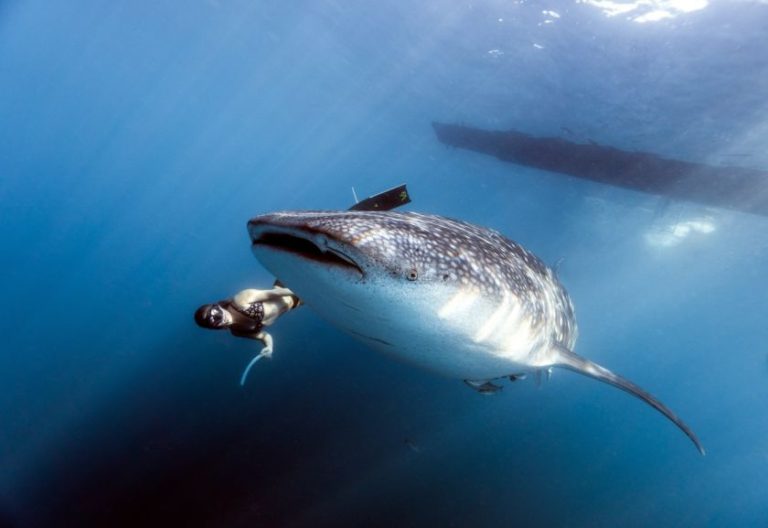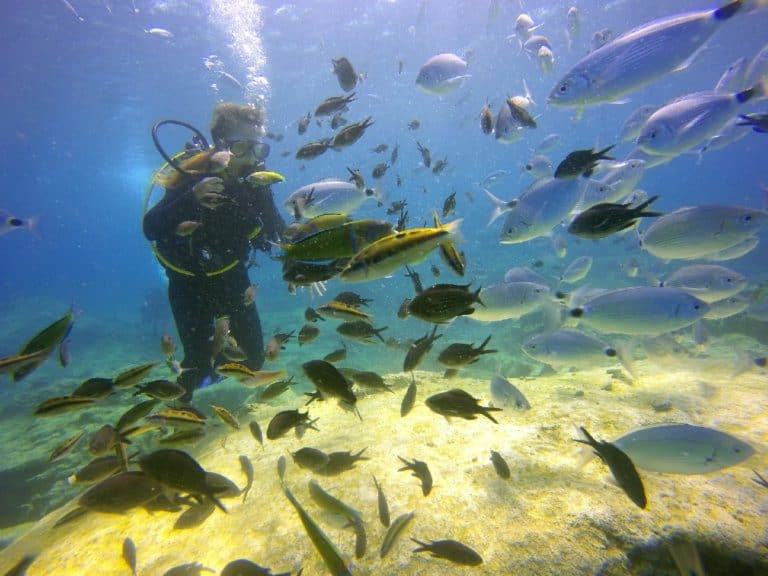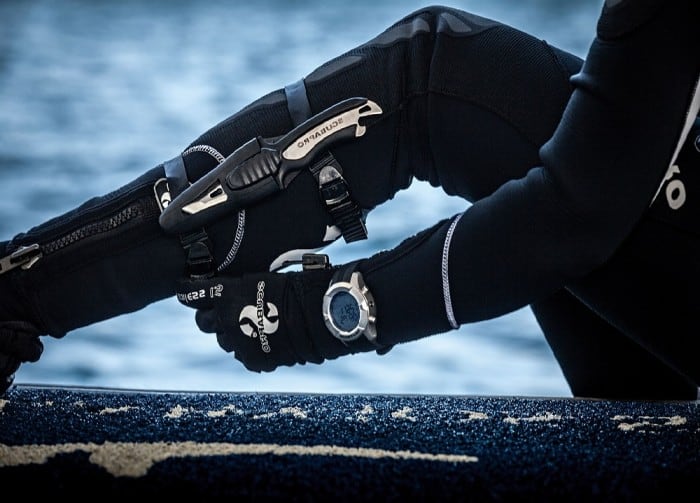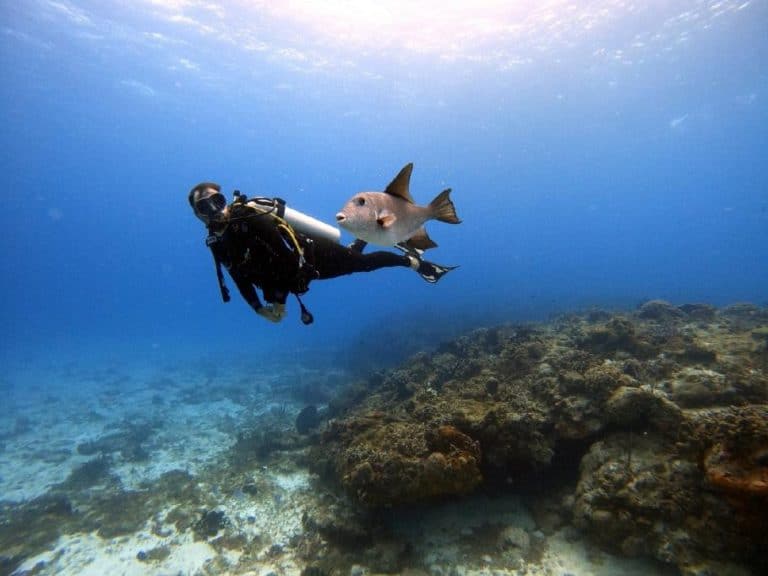Can Non Swimmers Do Scuba Diving
Scuba diving is a very fascinating sport and appeals to everyone including non-swimmers. But can non-swimmers do scuba diving?
Yes, anyone can scuba dive including non-swimmers but there is a limit to what you can do and how far you can scuba dive. Scuba diving has special gear and equipment to help you see and breathe underwater, float, and also help you glide. The special diving gear makes it easy even for non-swimmers However as a non-swimmer; you can’t get full scuba diving certifications as passing a swimming test is one of the main requirements.
We all desire to explore the underwater world and have close contact with aquatic life. Let’s be honest this experience looks very fascinating even from watching a movie or a documentary.
If you are a non-swimmer and have always wanted to go scuba diving, this article is for you.
In this article, you will find all the answers and tips to help you make a decision whether to scuba dive or not.
Let’s dive into it!
Can You Scuba Dive If You Can’t Swim?
As mentioned earlier, non-swimmers can scuba dive but there are limitations to what you can do.
As a non-swimmer, a great level of supervision from a qualified diving instructor is required. You also can’t go too deep levels that may be difficult to navigate such as caves or beyond reefs. These deep levels require advanced diving skills such as equalizing pressure to keep your ears protected among others.
In swimming, using both arms and feet is necessary to move around and float. In addition, one needs to master the art of breathing underwater as one swims.
The good news is that you don’t have to master all these swimming skills for you to scuba dive. In fact, you don’t need to have any swimming skills for you to go scuba diving.
The scuba diving gear includes buoyancy compensation devices (BCD) which include an inflated jacket to keep your body afloat while in water.
The fins help you glide around underwater and you don’t need to use your arms while scuba diving.
The gear also comes with a face mask to help you see all the beauty underwater. It wouldn’t make any sense if your eyes were closed as you scuba dive right. The clear masks help divers explore and discover new aquatic species.
The mask basically covers the eyes and the nose and has a safety strap that goes around the head to help it remain intact during the dive.
An air tank helps divers breathe easily while underwater.
With this information in mind, it’s clear that you don’t have to be a pro swimmer to scuba dive.

Is Scuba Diving Hard For Non-Swimmers
No, scuba diving isn’t hard for non-swimmers. It could in fact be the easiest water sport to learn.
Since the diving gear helps you glide easily in the water, this makes the experience quite easy for many beginners.
However, this doesn’t mean that all you have to do is jump into the water and the gear takes you where you need to be.
You need to have some confidence underwater, since you will be in this environment for some time it’s important to relax and be comfortable. You will also be very close to marine animals such as sharks, turtles, and fish of all sizes among others.
If you can’t stay calm in the surrounding, then your diving experience may be quite difficult for you.
Depending on the individual, some can easily feel sick as soon as they get underwater causing panic or feeling nauseated. All these can make the overall experience challenging but it all depends on how you handle or respond to the situation.
To make the first-time experience easy and enjoyable, non-swimmers are encouraged to take an introductory diving class known as Discover Scuba Diving.
In this class, offered in most diving schools you get a half or full-day training under the supervision of a qualified diving instructor. Here you will get training on the basic skills required and also helps you get ready for your scuba diving session in the open waters.
Read More: CAN YOU SCUBA DIVE ON YOUR PERIOD?
How Deep Can Non-Swimmers Dive
Non-swimmers can dive up to 12 meters underwater.
However, marine life can be found occurring in shallow waters meaning a non-swimmer or beginner doesn’t have to dive all the way to the deepest parts of the water to see marine life.
Corals can be found in very shallow waters.
There is no pressure to go to the very deep parts of the water if you don’t feel comfortable. Before diving into open water your instructor will check with you if you are ready for the dive, check if the equipment is properly put on, and also check if you recall all the guides and tips shared during the introductory diving class.
The instructor will also share with you a signal to give if you are not comfortable under the water or at certain depths. Always communicate and only dive into depths you are comfortable with.

What Do You Learn In An Introductory Scuba Diving Class?
During the introductory diving lesson, your instructor will guide you on various basic skills required underwater, how to use the diving equipment, and also how to communicate while underwater.
Some of the basic skills taught include;
- How to clear your mask in case of fogging
- How to use a gauge
- How to remove water from your mask
- Underwater communication hand signals
- What to do in case there is danger around (for instance if there is a shark)
- What to do if you feel too overwhelmed while underwater
- How to interact with the marine life and what not to do
- Importance of breathing normally
- How to use and clear a regulator
When joining a Discover Scuba Diving class, it’s important to let your instructor know if you can’t swim or have a general fear of water or being underwater. This lets the instructor know you will require more attention during the dive.
In most diving schools, you will start with a suit-fitting session, then proceed to a theory class where you’ll learn all the basic diving skills and ask all the questions you may have. The last training stage is practicing in shallow waters or in controlled water such as a swimming pool.
During the practical training, you learn how to use the gear, how to clear the mask and regulator, how to use the BCD and so much more.
Once the training is complete, you are now ready for diving the next day. This however doesn’t mean you no longer need the instructor.
Diving in open water is of course different from diving in a controlled water environment. Stay close to the instructor and remember to follow the tips shared in the theory session.
Read More: HOW MANY SCUBA DIVES PER DAY
Can You Get a Scuba Diving Certification If You Can’t Swim
No, to get a diving certification one must pass a swimming test.
The one-day Discover Scuba Diving class doesn’t earn you any certification, it only equips you with the basic skills required to dive.
Many people usually love their first trial scuba diving experience and this motivates them to learn more. To earn your scuba diving certifications, it’s important to first learn how to swim and then proceed with all the necessary scuba diving training.
If you love traveling or simply travel to a lot of destinations, scuba diving is an important skill to learn. Different waters have different marine life to offer and you wouldn’t want to miss any experience.
Swimming is important because it can help you in case of accidents while underwater that may require you to swim to get urgent help.
In summary, if you want to get the full scuba diving certifications, then learning how to swim is your first step closer to the certifications.
Diving Tips for Non-Swimmers
Last but not least below are some diving tips for non-swimmers
- Always breathe normally while underwater, never hold your breath
- Don’t touch the marine life or try to chase them away by flapping your arms
- Be aware of your environment and understand the dangers surrounding it
- Stay calm while underwater. Nervousness can result in drowning
- Overcome any fear related to being underwater
- Always wear the correct size gear
- Stay close to your instructor
- Communicate with the instructor
- Keep your eyes open
- Don’t dive far from your group
- Avoid diving at night
- Start with shallow depths that are comfortable for beginners and non-swimmers
- Don’t panic when your mask fogs or water gets in, learn how to clear the mask while underwater
- Learn how to use and clear the regulator
- Don’t stay under the water for long periods if it feels uncomfortable
- Always pay attention to your body and let your instructor know if you start feeling overwhelmed. There is no shame.
- Most importantly, RELAX and ENJOY
Final Thoughts
You don’t need swimming skills to scuba dive. Non-swimmers can enjoy and explore marine life by scuba diving.
As a non-swimmer, don’t be shy to let your diving instructor know you can swim; there is no shame in that. If you have a fear of being underwater, let your instructor know. This shouldn’t stop you from scuba diving, with a guide and underwater composure you will love your first scuba diving experience.
Most importantly, remember all the skills and tips shared during your training class during your dive.
I hope this gives you a simplified guide on what to expect during your first scuba diving session and also motivates you to go scuba diving next time you are on a beach vacation somewhere on this beautiful planet.

